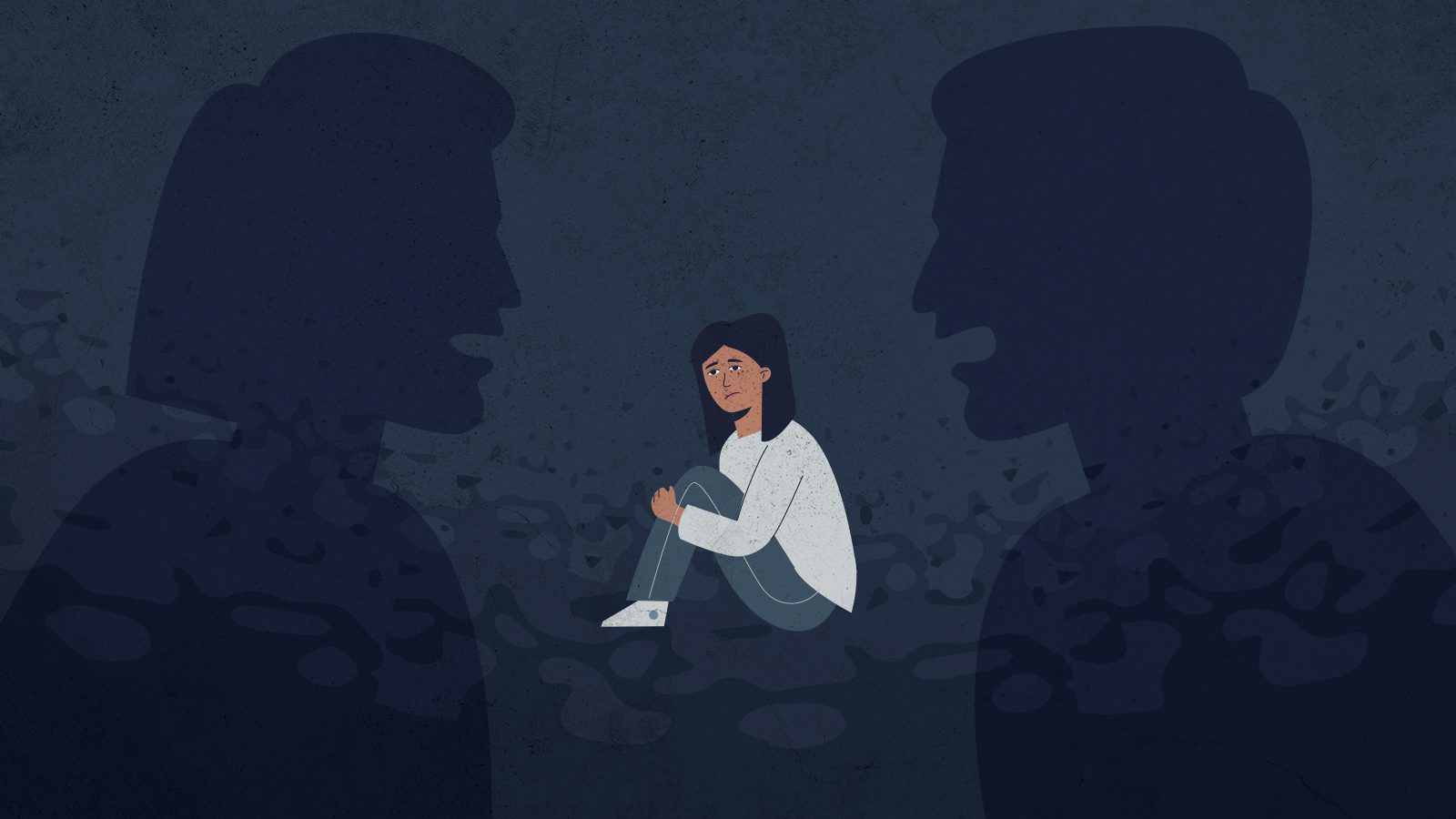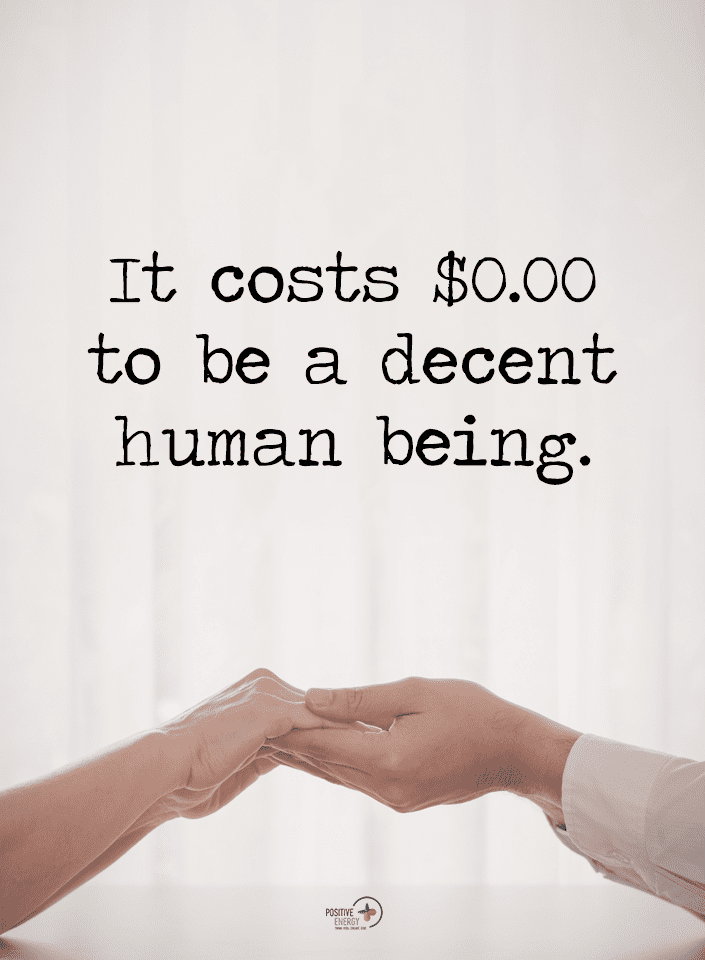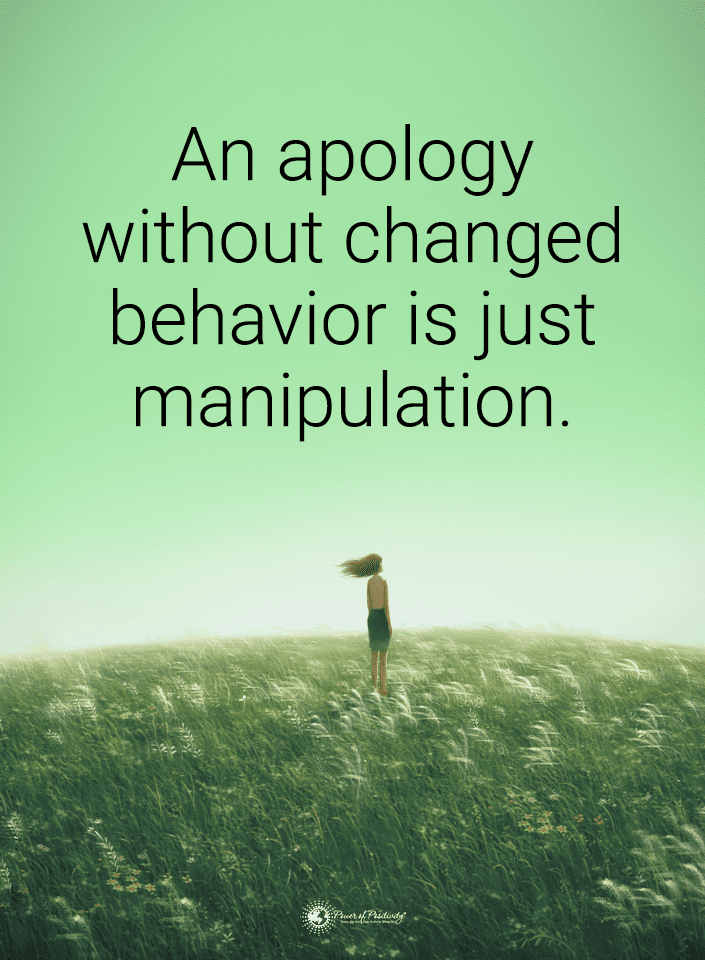Parents and children have occasional conflict, which often increases during the teenage years. However, parental abuse is different because it occurs when a child seeks to cause intentional harm. This harm doesn’t have to be physical, as many abusive behaviors can interfere with your life and well-being.
Children want to individualize themselves and often rebel while establishing their independence. You’ll notice that they become defiant and resist authority during this time. However, it doesn’t usually go as far as becoming abusive.
Parental abuse differs from typical rebellion and the desire for separation. It isn’t a disagreement or argument because it intensifies and becomes a need for the child to gain power and control. They continually manipulate and intimidate their parents to get their way.
Many people wonder what can cause parental abuse in families, and all situations are different. Families differ, and everyone goes through personal childhood experiences. There are many causes, and they all vary based on each experience.
What is Parental Abuse?
Parental abuse is sometimes called child-to-parent violence (CPV). It’s physical or phycological abuse targeted toward the abuser’s parents. This abuse can cause:
- despair
- anger
- fear
- hopelessness and helplessness
- physical harm
- financial distress
- emotional turmoil
- Self-blame
- guilt or shame
- depression and anxiety
- strained relationships
- headaches
- muscle tension
- digestive issues
- lack of sleep or sleeping too much
- intense stress
- self-isolation
- consuming too much alcohol
- drug use
- eating too much or too little
- loss of control over their own life
The abuse involves a pattern of harmful or demeaning behaviors from children. It often causes physical, financial, or emotional distress.
Abused parents lose their ability to parent their children. They no longer have a leadership role in the family and are in constant despair. Their children intentionally cause physical, financial, and emotional damage to control their parents.
Parental abuse often begins as verbal or emotional abuse before turning physical. Many young adults live with their parents, and it can be stressful. The stress can eventually turn to hostility, with abuse being the outcome.
Types of Parental Abuse
Identifying and figuring out parental abuse involves understanding the different types of abuse. These different types involve harmful behaviors towards others.
- Verbal abuse: This type involves yelling, arguing, sarcasm, challenging what you say, criticizing, belittling, name-calling, swearing, and other things.
- Physical abuse: This type is the most visible and might involve throwing things, punching walls, and breaking objects. It also includes physical attacks of hitting, slapping, punching, shoving, pushing, or spitting.
- Emotional abuse: This type involves manipulating the parent’s mind or threatening violence. It’s intended to make the parent feel crazy and give into what the child wants.
- Financial abuse: This might include stealing money or taking belongings without asking. It also involves damaging their possessions and forcing parents to pay for things they don’t want or can’t afford.
Signs of Parental Abuse
There are many signs of parental abuse to watch for. Some are more obvious than others, but if you know what to look for, you can see them all. The signs include:
- uncontrollable rage or anger
- physical violence
- intimidation
- demeaning comments or behaviors
- manipulation tactics
- controlling behaviors
- angry outbursts
- verbal threats
- destroying property
- broken bones and bruises
- unexplained cuts or wounds
- Isolation
The signs of parental abuse in elderly parents are a bit different. These parents can’t take care of themselves and rely on others for care. Some signs of abuse for them include:
- malnutrition
- dehydration
- ignored medical issues
- unclean home in disrepair
- missing money or possessions
- gaslighting
- incurring debts that parents must cover
Who is Affected by Parental Abuse?
Parental abuse doesn’t target anyone specifically, and both males and females become abusers of their parents. It affects all cultures, economic groups, and social classes. Mothers get abused more often than fathers, but it can happen to either parent.
Women tend to be the primary caregivers, giving them a closer emotional connection to their children. Because of this connection, it’s easier for a child to manipulate them than to abuse their father. If the father was the primary caregiver, then it’s more likely that the father experienced abuse.
No matter which parent falls victim, the situation affects everyone in the family. Children of any age can abuse their parents, from as young as eight years old to adult children.
Eleven Causes of Parental Abuse in Families
Parental abuse happens for many reasons, all involving trauma and dysfunction. Every situation will differ, so not all causes will apply to your situation.
1. Lack of Bonding Between Children and Parents
When young children abuse their parents, it’s often due to a lack of bonding. Children under the age of ten tend to react in an abusive way when they’ve missed an essential connection with their parents. Some siblings see this differently, as one will lack bonding while the other has positive memories.
2. Witnessing or Being the Victim of Physical Abuse
When young children witness or experience abuse, it teaches them to mimic the behavior. They react in the ways they’ve seen others react when they get upset.
Some of the ways they mimic abusive behavior is by using intimidation and standing over, looking down on, or getting in someone’s face. They’ll refuse to back off until the other person retreats. Another way they exhibit parental abuse is by isolating their parents from escaping the abusive situation.
They might also stop their parent from leaving by blocking a doorway or locking a door. In extreme cases, they will physically harm their parent.
Some of these actions might seem extreme, but they can happen in a parental abuse. Whatever type of physical abuse the person witnessed, they might exhibit it now.
3. Lacking Problem-Solving Skills
Children who abuse their parents lack essential problem-solving skills. They’ve learned that abuse and being mean gets them what they want in life.
Since that’s how they’ve learned to get things, they don’t know any other way. When they get frustrated, the behavior intensifies because it’s the only thing they know to do.
4. Increased Conflict Reveals Abusive Tendencies
As kids become teenagers, they want to assert their independence. There are more disagreements about boundaries, expectations, and misunderstandings about rules than before. A parent and teenager are likely to have more verbal conflict, and sometimes it becomes too much.
A child that pushes too far can sometimes begin abusing their parent. They will want to see how far they can go until it crosses over into physical abuse.
5. Parents Disagreeing About Punishments and Dealing with Issues
When parents agree on dealing with issues with their child, it can lead to parental abuse. The child will recognize that they can drive their parents apart while getting what they want. They sense the division and target the parent they can get more out of.
6. Abusive Children Need the Parents for Financial Support
Adult children sometimes abuse their parents because they need financial support. They learn to blame, manipulate, and criticize their parents until they get what they want.
7. A Child Feeling Vulnerable and Isolated
Teens and young adults sometimes abuse their parents if they feel vulnerable and isolated. They don’t know where to direct their anger from these feelings, so they take it out on their parents.
8. Poor Communication Skills
When someone has poor communication skills, they’ll often abuse their parents. They place blame on their parents rather than admitting their mistakes. The child likely doesn’t know how to get their point across, and it comes out in an abusive way.
9. The Child Experienced Financial Abuse
You might think children can’t experience financial abuse because their parents are in charge until a certain age. However, if the child is forbidden access to money they received as a gift, it could cause long-term psychological issues.
The child might have also exploited the child for financial purposes. They could have had bills or credit cards in their name without their knowledge. Sometimes, a parent will even forbid their child from earning money or seeking higher education.
10. The Child Went Through Emotional Abuse
Emotional abuse affects kids long-term, causing issues well into adulthood. They might have experienced the following:
- excessive nitpicking
- shame or embarrassment
- excessive guilt
- being held to an unrealistic expectation
- feeling alienated
- being belittled by friends and family
- having every move and motive questioned
- threats and intimidation
- rejection from their parents
- withholding love
- frightening behavior from a caregiver
11. The Child Experienced Mental Abuse
When a child experiences mental abuse, it can cause them to abuse their parent later in life. Some of the mental abuse they may have encountered include:
- rage or intense anger that comes out of nowhere
- gaslighting to make the child doubt their reality
- the silent treatment
- projection and blame
- manipulation, abandonment, or rejection
Final Thoughts on Things That Cause Parental Abuse in Families
Parental abuse in families occurs for many reasons. You might think it’s harmless, but it can lead to highly detrimental experiences. Figuring out why it happens can help you get help or urge your loved one to get help.
Breaking the cycle of abuse is essential to living your best life. You may have experienced hard times during your childhood, but seeking help can help you break the cycle. The issues might affect you, but you don’t want to teach your child the same abusive tendencies. Whether you’re mistreating your parents or you’re a parent mistreated by your child, it’s not okay. A positive change is necessary and often starts with addressing the cause.

















 Community
Community

